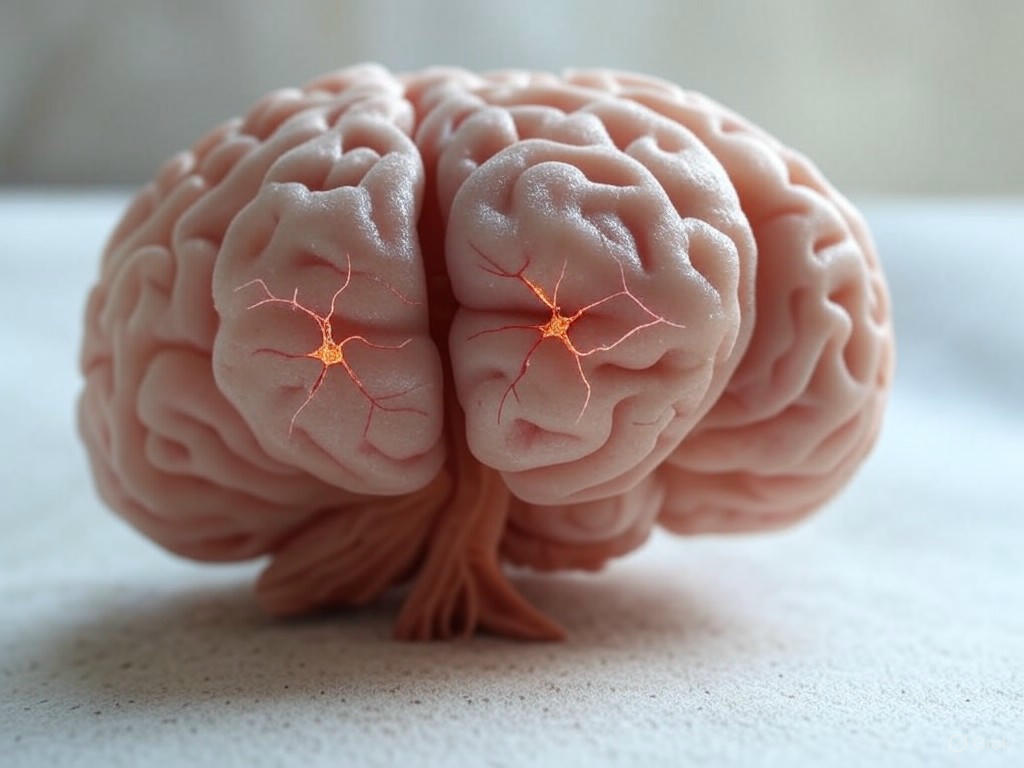Unveiling the Brain’s Reward Map: Dopamine Neurons Predict Future Gains
The human brain has long been a mystery, with its intricate networks orchestrating everything from basic survival to complex decision-making. Among its many wonders, dopamine neurons have captured the attention of neuroscientists for their role in processing rewards. Once thought to primarily react to past experiences by signaling errors in reward prediction, these neurons are now revealing a far more sophisticated function: they create detailed mental maps of potential future rewards, anticipating not just whether a reward will come, but when and how significant it might be.
Recent research has shifted our understanding of how dopamine neurons operate within the brain’s reward system. Rather than merely responding to unexpected outcomes or missed expectations, these cells appear to weave together a dynamic blueprint of possibilities. Imagine planning a treasure hunt—your mind doesn’t just recall the last chest you opened; it sketches out where the next one might be hidden, how hard it will be to find, and how valuable the contents could be. Similarly, dopamine neurons seem to encode a spectrum of future scenarios, helping the brain prepare for what lies ahead. This discovery suggests that our ability to make decisions isn’t just rooted in past lessons but is deeply tied to an active imagination of what’s to come.
This groundbreaking insight came from meticulous studies observing neural activity in controlled environments. Scientists found that dopamine neurons fire in distinct patterns when individuals are faced with choices, reflecting not only the immediate context but also the anticipated timing and magnitude of potential rewards. For instance, when a person is deciding whether to invest time in a challenging task, these neurons might signal a higher activity if the expected payoff is substantial and imminent. This predictive mapping could explain why we’re often willing to endure short-term discomfort for long-term gains, as our brain is already charting the path to gratification. Moreover, this mechanism might play a crucial role in motivation, guiding us to pursue goals even when the reward isn’t guaranteed.
The implications of this finding are vast, touching on everything from mental health to artificial intelligence. Understanding how dopamine neurons anticipate future rewards could lead to better treatments for disorders like depression or addiction, where the brain’s reward system often malfunctions. If therapies can target these predictive maps, they might help rewire unhealthy patterns of anticipation. Beyond medicine, this knowledge could inspire algorithms in AI systems, mimicking human-like decision-making by forecasting outcomes rather than reacting to past data alone.
As we continue to unravel the brain’s inner workings, the role of dopamine neurons as architects of future rewards highlights the incredible foresight embedded in our biology. Far from being passive responders, these cells are active planners, shaping our choices with a vision of tomorrow. This discovery not only deepens our appreciation for the brain’s complexity but also opens new doors to harnessing its predictive power for a better future.


